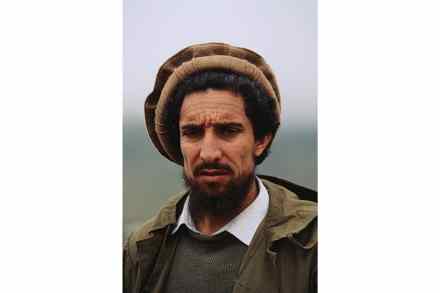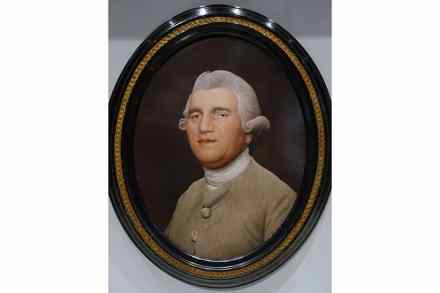Ahmad Shah Massoud was Afghanistan’s best hope
More from BooksAhmed Shah Massoud was described as ‘the Afghan who won the Cold War’. While famous in France (he was educated at the Kabul lycée, and the French saw him as the ultimate maquisard who drove a super-power out of his country), he is not a familiar figure in Britain. This book, a rich and detailed































